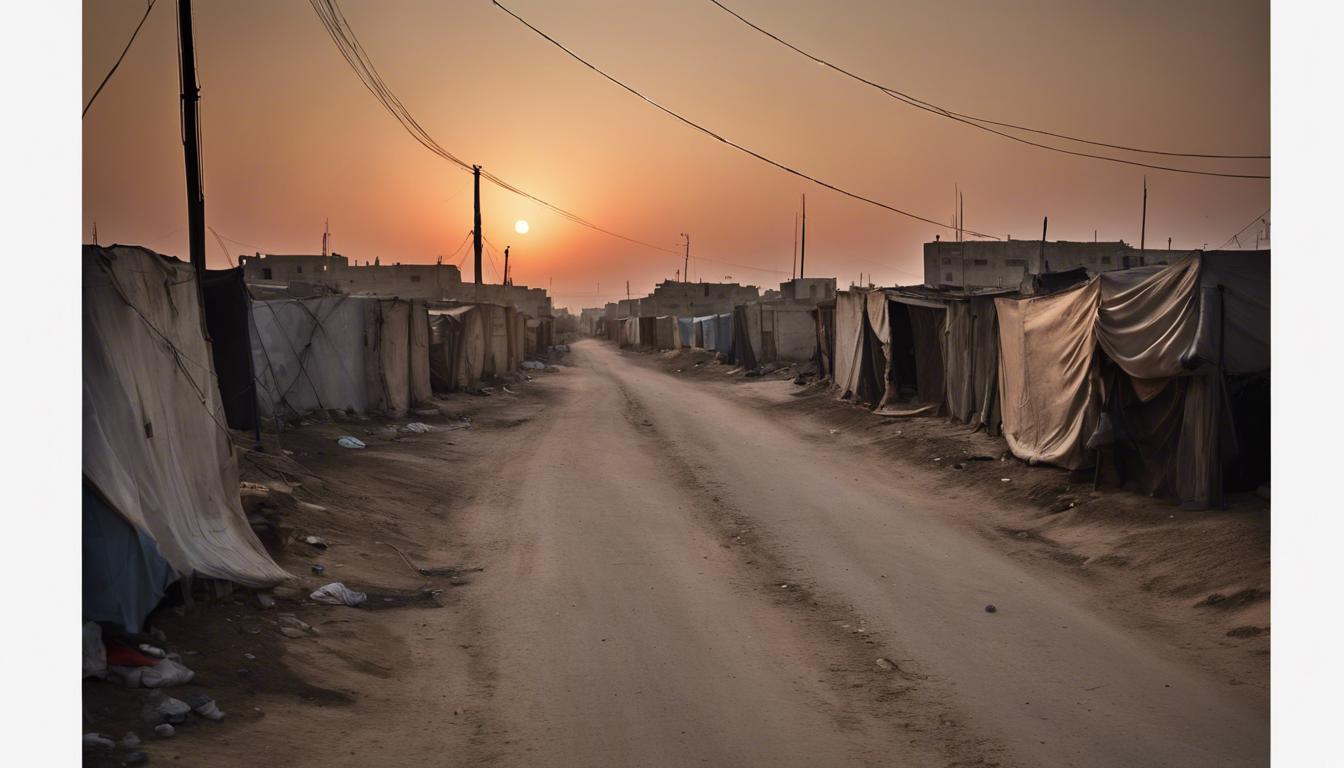As Ramadan commences, Gazans prepare for a month of fasting amid severe hardships caused by ongoing conflict and economic challenges. The disparity in the start date of Ramadan highlights global unity and division, while the resilience of those in conflict zones calls for broader reflection and support.
In anticipation of Ramadan this year, families in Gaza are facing significant hardships due to the ongoing conflict with Israel, resulting in many Palestinians living in makeshift camps and facing food shortages and skyrocketing prices. Hanaa al-Masry, now in a tent in Rafah, highlighted the contrast from previous years, indicating the absence of festive decorations and meals that typically mark the holy month. The situation has been exacerbated by damages from Israeli bombings, leading to desolate streets and mourning communities. Despite these challenges, including limited access to essentials like electricity and fuel, the resilience of Gazans remains steadfast as they prepare for a Ramadan marked by uncertainty and hardship.
Elsewhere, the sighting of the Ramadan crescent moon in Saudi Arabia has heralded the start of the fasting month for the world’s 1.8 billion Muslims. Practices during Ramadan include abstaining from food and water from dawn till dusk, engaging in spiritual reflection, and participating in family gatherings and acts of charity. However, while Saudi Arabia and other Sunni-majority countries began fasting on Monday, discrepancies in moon sightings have led to some Asian countries starting Ramadan on Tuesday. The sacred month arrives amidst global concerns over inflation, high food prices, and ongoing conflicts, including Israel’s war against Hamas in Gaza, posing potential unrest and impacting the observance of Ramadan traditions.
Throughout this period, Muslims typically break their fast with dates and water, followed by the “iftar” meal at sunset, embracing the month as an opportunity for religious reflection and a test of patience and endurance. However, the prevailing atmosphere of conflict and economic hardship in regions like Gaza underscores a somber backdrop to this year’s Ramadan observances.
